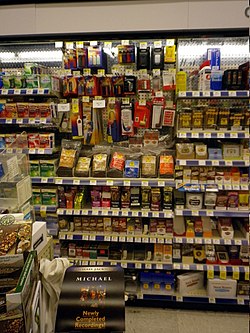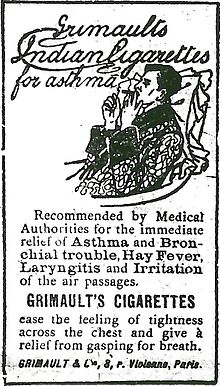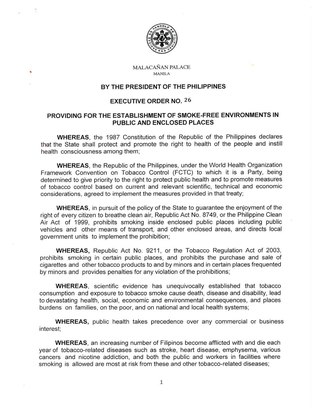After San Francisco passed its initial policy, a number of other communities followed suit, mostly in Massachusetts and California. [12]
Companies affected by the policies include Big Y Supermarket, Brooks, Costco, CVS, Hannaford, Kmart, Lucky Supermarkets, Pharmaca, Price Chopper, Rite Aid, Safeway, Sam's Club, Shaw's, Star Market, Stop & Shop, Target, Walgreens, Walmart and various independent pharmacies.
Massachusetts
In Massachusetts, a state-wide ban on sales of tobacco products (including e-cigarettes and vaping products) in health care institutions (including pharmacies) took effect on December 31, 2018. [13]
In Massachusetts, policies have been passed in Abington, Acton, Adams, Agawam, Amherst, Andover, Arlington, Ashburnham, Ashland, Athol, Ayer, Barnstable, Barre, Bedford, Belchertown, Bellingham, Berkley, Beverly, Bolton, Bourne, Boston, Braintree, Brewster, Bridgewater, Brimfield, Brockton, Brookline, Buckland, Burlington, Cambridge, Carver, Charlemont, Charlton, Chatham, Chelsea, Clinton, Cohasset, Concord, Conway, Dalton, Danvers, Dartmouth, Dedham, Deerfield, Dighton, Dracut, Duxbury, Eastham, Easthampton, Easton, Edgartown, Essex, Everett, Fairhaven, Fall River, Falmouth, Fitchburg, Foxborough, Framingham, Franklin, Gardner, Georgetown, Gill, Gloucester, Grafton, Granby, Great Barrington, Greenfield, Groton, Hadley, Halifax, Hamilton, Harvard, Harwich, Hatfield, Haverhill, Hinsdale, Holbrook, Holyoke, Hopkinton, Hubbardston, Hudson, Hull, Ipswich, Kingston, Lancaster, Lanesborough, Lawrence, Lee, Lenox, Leominster, Leverett, Littleton, Lowell, Ludlow, Lynn, Malden, Marion, Marlborough, Marshfield, Mashpee, Maynard, Medfield, Medford, Medway, Melrose, Mendon, Middleborough, Middleton, Millis, Milton, Montague, Needham, New Bedford, Newburyport, Newton, Norfolk, North Adams, Northampton, North Andover, North Attleborough, Northborough, North Reading, Norton, Norwell, Norwood, Oak Bluffs, Orange, Orleans, Otis, Oxford, Palmer, Peabody, Pittsfield, Plymouth, Reading, Revere, Rochester, Rockport, Royalston, Salem, Sandwich, Saugus, Scituate, Shelburne, Sherborn, Shrewsbury, Somerville, Southampton, Southborough, South Hadley, Spencer, Springfield, Stockbridge, Stoneham, Stoughton, Stow, Sudbury, Sunderland, Swansea, Taunton, Templeton, Tisbury, Townsend, Tyngsborough, Uxbridge, Wakefield, Walpole, Wareham, Watertown, Wayland, Wellesley, Wellfleet, Westborough, West Boylston, Westfield, Westford, Weston, Westport, Westwood, Weymouth, Whately, Wilbraham, Williamstown, Wilmington, Winchendon, Winchester, Winthrop, West Springfield, Worcester, Wrentham and Yarmouth. [14]
A number of the Massachusetts municipalities listed extend the tobacco sales ban in pharmacies to include the sale of "nicotine delivery products", including electronic cigarettes. "Nicotine delivery products" are defined as manufactured products that contain nicotine, but not tobacco, and are not FDA approved.
California
In California, 60 policies have passed in Alameda (city), Alameda (county unincorporated), Benicia, Berkeley, Beverly Hills, Burlingame, Cloverdale, Contra Costa (county unincorporated), Corte Madera, Cupertino, Daly City, Del Norte (county unincorporated), East Palo Alto, Emeryville, Fairfax, Guadalupe, Half Moon Bay, Hayward, Healdsburg, Hermosa Beach, Hollister, Humboldt (county unincorporated), Lafayette, Larkspur, Los Altos, Los Angeles (county unincorporated), Los Gatos, Manhattan Beach, Marin (county unincorporated), Marina, Menlo Park, Millbrae, Mill Valley, Morro Bay, Novato, Oakland, Pacifica, Palo Alto, Petaluma, Portola Valley, Redwood City, Richmond, San Francisco, San Anselmo, San Diego (county unincorporated), San Mateo (city), San Mateo (county unincorporated), San Carlos, San Rafael, Santa Clara (county unincorporated), Santa Maria, Saratoga, Sebastopol, Sonoma (county unincorporated), South San Francisco, Stanton, Tiburon, Union City, Watsonville and Windsor.












